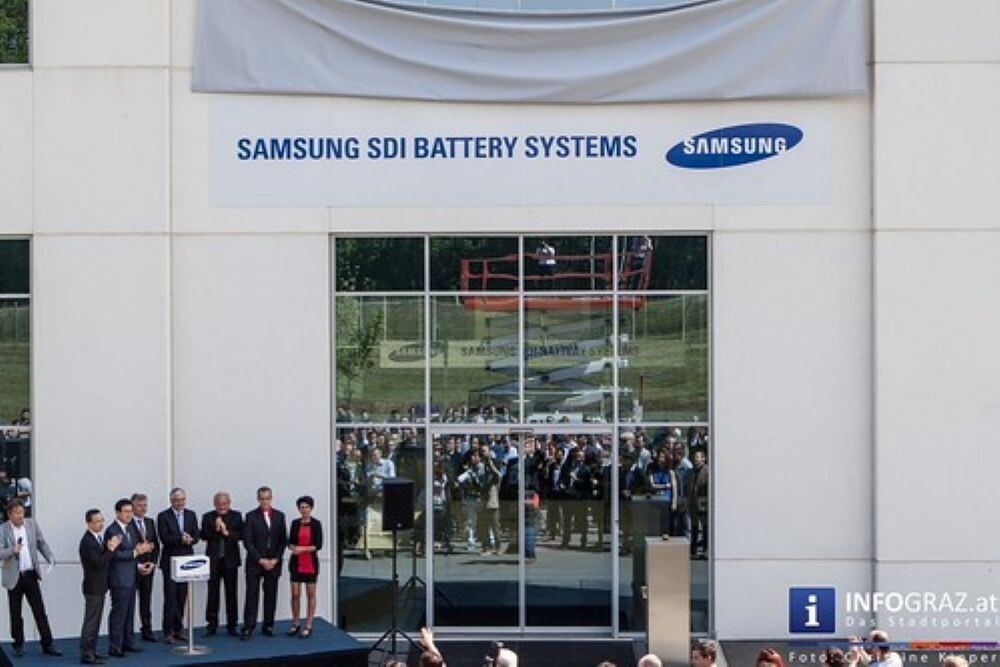

South Korean prosecutors have formally charged a group with stealing and leaking key electric vehicle (EV) battery technology belonging to Samsung SDI, one of the country’s leading battery manufacturers.

The Defence Industry and Industrial Technology Crime Investigation Division of the Suwon District Prosecutors’ Office announced that a 37-year-old man, identified only as B - the actual operator of A Co., a KOSDAQ-listed company- and three associates have been indicted without bail. They face charges under the Industrial Technology Protection Act and Unfair Competition Prevention Act for allegedly leaking national core technology and trade secrets.
Additionally, 11 individuals connected to the case have also been referred for trial.
Core technology leaked overseas
Between October 2022 and February this year, the group allegedly passed on technical drawings and other sensitive material related to Samsung SDI’s EV battery components to companies in Vietnam and China. The leaked data reportedly involved designs for the aluminium can and cap assembly of Samsung SDI’s prismatic (rectangular) lithium-ion batteries, which are the critical components designed to prevent internal damage, explosions, and fires.
Explore- Most accurate data to drive business decisions with 50+ reports across the value chain
The stolen data is considered national core technology - the result of around a decade of R&D and significant investment by Samsung SDI. Prosecutors warned that, had the designs been used in mass production abroad, the theft could have caused substantial financial harm and long-term damage to South Korea’s EV battery sector.
Investigation and evidence
The case came to light following intelligence provided by the National Intelligence Service (NIS). Investigators secured key evidence from mobile phones, chat records, and technical files during raids. Prosecutors revealed that A Co., the company run by B, had even signed an ₩80 billion (USD 57 million) supply contract with a Chinese battery maker using the stolen technology; however, no components were ultimately delivered due to the arrests.
Also Read: Indian scientists unveil foldable aluminium battery with safer, greener edge
According to a prosecution officer, “The defendants repeatedly took the victim company’s design blueprints, components and quality control data for business deals with foreign firms. If the technology had been used for mass production, it would have inflicted irreversible damage on South Korea’s EV battery industry.”
Must read: Key industry individuals share their thoughts on the hottest topics
Responses








